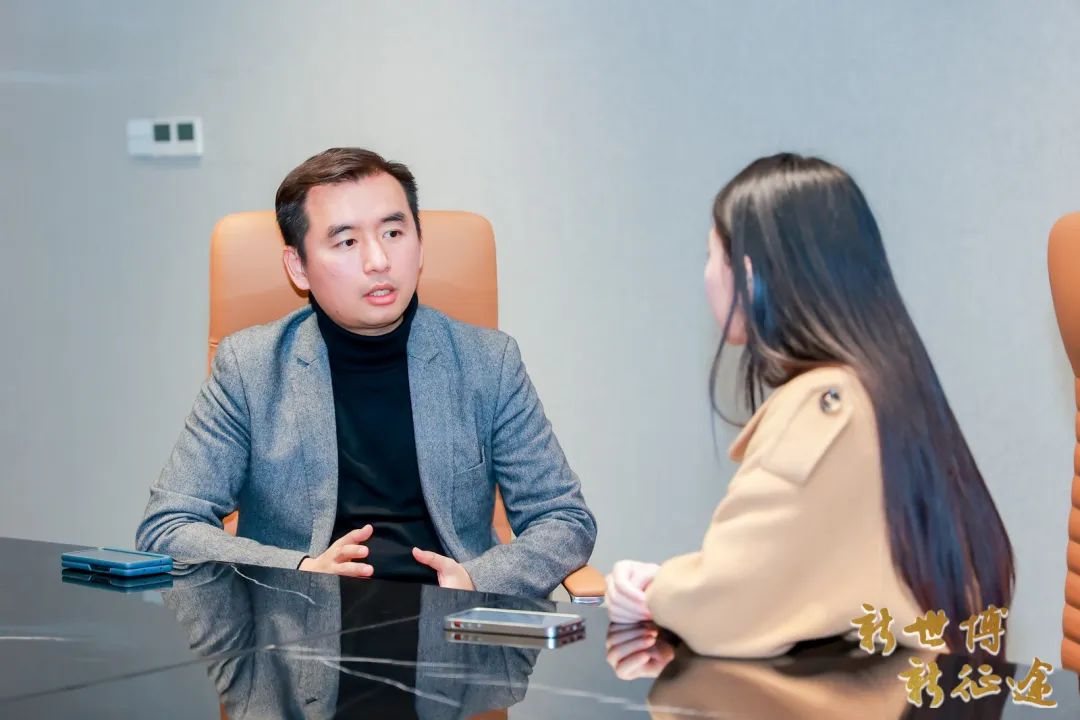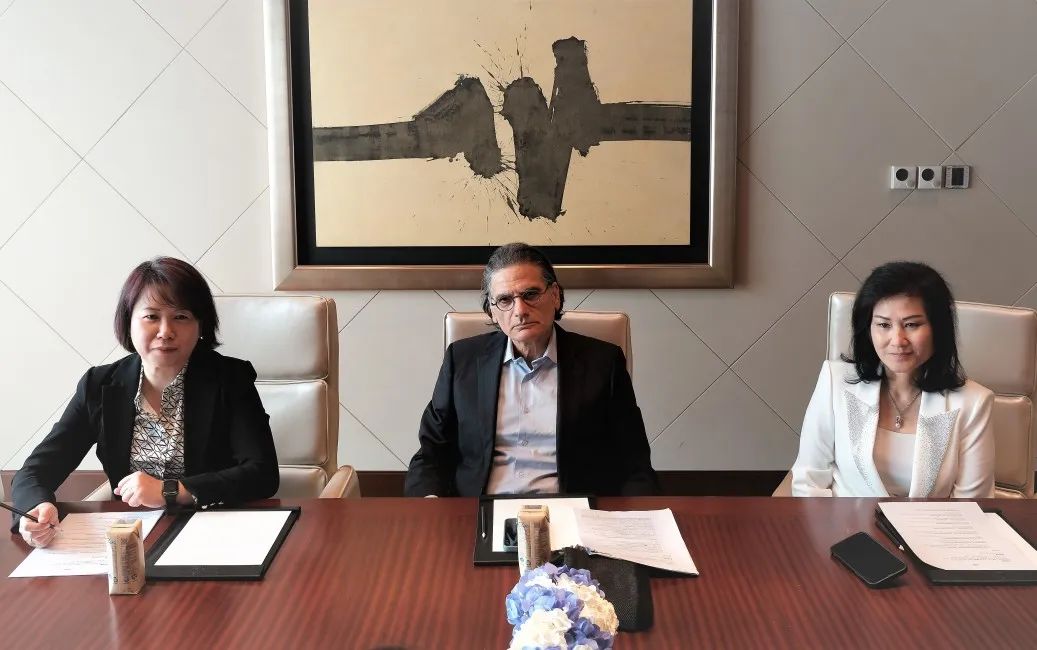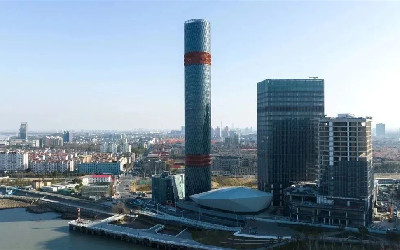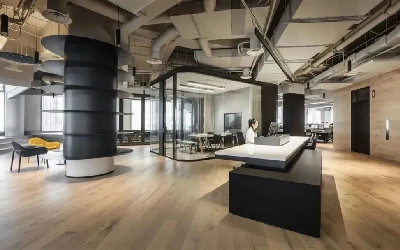
- 首 页 / HOME
- 关 于 / ABOUT
- 2023申奖 / ENTRY
- 获 奖 / AWARDS
- 活 动 / EVENTS
- 资 讯 / NEWS
- 合 作 / PARTNERS
在全球新型冠状病毒肺炎疫情的影响下,所有人都面临着巨大的挑战。Nickl & Partner因拥有医疗建筑设计多年经验及口碑,也引起了相关行业内的多方关注。
在4月30日,Christine·Nickl-Weller教授接受了德国经济类杂志Wirtschaftsforum(经济论坛)的采访。

在采访中Christine·Nickl-Weller教授就自己在医疗建筑设计行业几十年的经验,回答了由Wirtschaftsforum杂志提出的一些针对新型冠状病毒肺炎疫情以及医院建设设计的相关问题。
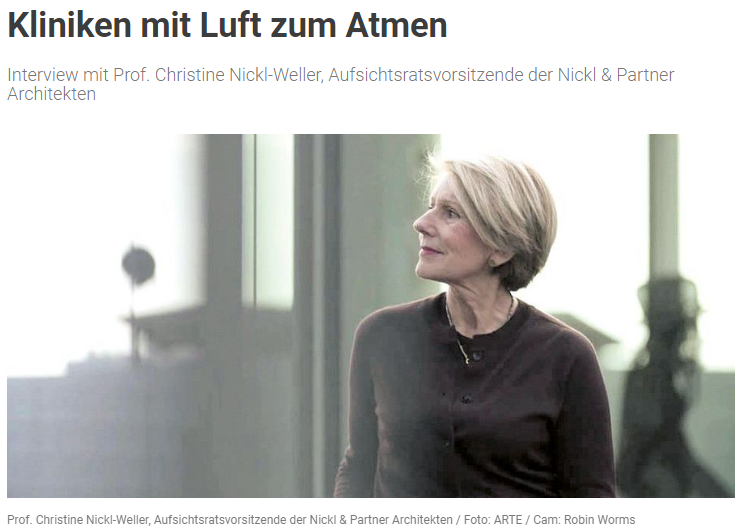
留有空间的医院
专访Nickl & Partner Architekten公司监事会主席Christine Nickl-Weller教授
Christine Nickl-Weller教授,Nickl & Partner Architekten监事会主席,照片。ARTE / Cam: Robin Worms
Wirtschaftsforum:Nickl-Weller教授,新型冠状病毒疫情对您关于医院的发展与建设工作重点造成了多大的影响呢?
Christine Nickl-Weller教授:一直以来医疗网络和研究都是我们正在推进的领域。尤其是在新冠状病毒疫情的影响下,这些都成为了迫在眉睫的问题。例如,当我们没有懂得如何使用呼吸机的医学专家,呼吸机就失去了意义。我们就需要重新考虑这之间的联系。这也意味着我们需要医疗卓越中心为医院提供数字化的支持,这些中心可以是地区性医院或大学机构。有了这样的系统,医生的职能就可以实现数字化,从而实现与现在完全不同规模的传播。但如果附近的小医院不具备所需的专业技术,对患者来说是没有帮助的。
Wirtschaftsforum: Prof. Nickl- Weller, to what extent does the coronavirus crisis affect the main focus of your work, the development and construction of hospitals?
Christine Nickl-Weller: Health network and research, these are the areas we are moving forward. Especially today, in the context of the coronavirus pandemic, these are burning issues. We are seeing, for instance, that respirators simply make no sense when we don’t have the medical experts who know how to use them. Contact points need to be reconsidered. This means that we need centres of excellence which digitally support various hospitals. These may be regional hospitals or university institutions. With such a system, the doctors can be digitally on site, so that a completely different kind of spread is achieved. A small nearby hospital will not help the patient if it does not have the required expertise.
Wirtschaftsforum:早在新型冠状病毒疫情之前,您其实就已经解决了这些问题。您的研究领域究竟该如何定义呢?
Christine Nickl-Weller教授:治疗结构早已成为我研究的重点。我在柏林工业大学担任过相应的公会主席。我收集的研究有助于传递真正有效的信息。此外,我一直致力于进一步发展医院的模块化结构。无论是在国际项目的背景下,还是通过我和丈夫一起成立的基金会,我都在努力进一步发展医院的模块化结构。我们曾经尝试过发展健康盒子,但都由于各种原因被大型基金会取代。但我们还是保留了这个模式。
Wirtschaftsforum: You have addressed these issues long before the coronavirus. What exactly is your field of research?
Christine Nickl-Weller: Healing Architecture has long since been the focus of my research. I held the corresponding chair at the Technical University of Berlin. I collect research aspects that help to pass on truly validated information. In addition, I have always worked on further developing the modular structure of hospitals, both in the context of international projects and through the foundation that I set up together with my husband. We tried to develop a Health Box, but have been ousted by the large foundations. But we have retained the model.
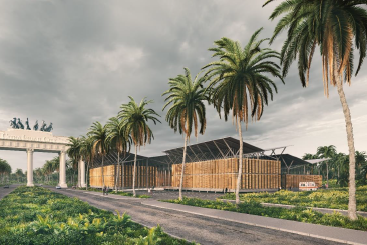
最低限度的医院:为印度尼西亚开发的模块化口袋医院系统/可视化
Minimal care hospital: the modular Pocket Hospital system was developed for Indonesia / Visualisation: Nickl & Partner Architekten
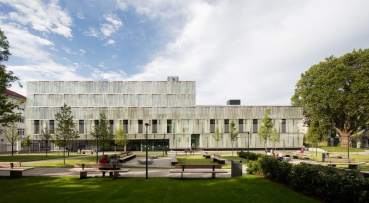
现代化和空间感:维也纳凯泽·弗兰茨·约瑟夫医院
Modern and spacious: the Kaiser Franz Josef Hospital in Vienna / Photo: Werner Huthmacher
Wirtschaftsforum: Nickl & Partner Architekten公司是否只在医院领域开展业务?
Christine Nickl-Weller教授:不止如此。我们的业务领域包括医疗、研究和社会住房、大学建筑以及私人和公共领域的城市规划。后者是我们研究的第二个重点。
在医疗保健领域,我们不仅建造了医院,还建造了养老院。当然还包括高科技研究建筑。
Wirtschaftsforum: Is Nickl & Partner Architekten exclusively active in the hospital sector?
Christine Nickl-Weller: No, not only. Our field of activity covers the planning and construction of buildings for healthcare, research and social housing, university buildings as well as urban planning for the private and public sectors. The latter is our second focus. In the healthcare sector, we have built not only hospitals but also homes for the elderly. And finally also high-tech research buildings.
Wirtschaftsforum:您最初的目标就是建立一个具备如此规模的公司吗?
Christine Nickl-Weller教授:哦不,完全没有。我和我丈夫在1979年成立了自己的公司。我们从未想过要拥有一个大的办公室,而是想更专注于质量和研究。但由于我们在医院的专业性,我们很快就有机会参与了相当大型的项目。公司也随着这些项目的发展而发展。地位及知名度也随着时间的推移发生了变化。在巴伐利亚州,我们是第一批具有股份公司法律地位的建筑公司之一。今天,我们有200名员工,仅我们的德国有限公司的年收入就达到了1500万欧元。除了慕尼黑,我们还在法兰克福、瑞士、中国、印度尼西亚、俄罗斯和法国等地设有办事处。我和我的丈夫继续从事开发工作,这给我们带来了极大的乐趣。不过现在,我们正在准备向下一代,也就是我们的两个儿子过渡。同时,我们买了一个葡萄园,我正在参加课程,学习更多关于酿酒的知识。
Wirtschaftsforum: Has it always been your goal to build a company of this size?
Christine Nickl-Weller: No, not at all. My husband and I established the company in 1979 and we never wanted a large office, but wanted to focus on quality and direct contact. But because of our specialisation in hospitals, we were quickly involved in fairly large projects. The company grew in line with these projects and the legal status changed over time. In Bavaria, we were one of the first architecture firms with the legal status of a joint stock company. Today we employ 200 people and our German GmbH alone generates annual revenues of 15 million euros. Besides Munich, we also have a presence in Frankfurt, Switzerland, China, Indonesia, Russia and France. My husband and I continue to work in development, which gives us great pleasure. Right now, however, we are preparing the transition to the next generation, our two sons. We have meanwhile bought a vineyard and I am attending courses to learn more about winemaking.
Wirtschaftsforum:您为什么会选择成为一名建筑师?
Christine Nickl-Weller教授:我的父亲是一名土木工程师,所以我对建筑行业有一定的了解。我一直想成为一名建筑师,并为之努力奋斗。其实我的家人希望我成为一名教师。
在大学里,我认识了我的丈夫。毕业后,我做了十年的公务员。在那段时间里,我学到了很多东西。一直以来,我的目标是让不平凡的事情成为可能,今天也是如此----如果还没有解决的办法,我们就尽一切努力去寻找。我们努力为社会和相关人员创造附加值。为了实现这一目标,我们坚持在建筑中运用最新的研究成果,并将科学与实践相结合。
Wirtschaftsforum: Why did you become an architect in the first place?
Christine Nickl-Weller: My father was a civil engineer, so I knew the business a little. I always wanted to become an architect and fought hard for it – my family actually wanted me to become a teacher. At university, I met my husband. After graduation, I worked as a civil servant for ten years and learned a lot during that time. It has always been my aim to make possible the extraordinary and this is still the case today – if a solution does not yet exist, we do everything we can to find it. We try to create added value for society and the people concerned. To achieve this, we use the latest research findings and combine science and practice in our buildings.
Wirtschaftsforum:在新型冠状病毒疫情下,目前什么对您来说特别重要?
Christine Nickl-Weller教授:我希望我们能从这种情况中吸取教训。留有空间的公共建筑已经越来越难建设了。省钱一直是唯一的考量标准,许多医院在这种条件下是无法正常运转的。我决心要改变这种状况。对这一点的认识必须上升到决策层,决策者必须做出自己的贡献。顺带一提,人工智能在这方面发挥了重要作用;如果由学习型机器人来执行某些动作,医院的工作人员就可以免受病毒的侵害。
Wirtschaftsforum: What is particularly important to you in the age of the coronavirus?
Christine Nickl-Weller: I want us to learn from this situation. It has become increasingly difficult to realise public buildings that leave air to breathe. Saving money has always been the only concern. Many hospitals cannot function under these conditions. I am committed to changing this. Awareness of this must reach the decision-making level and policymakers must make their contribution. Incidentally, artificial intelligence plays an important role in this context; if certain actions are performed by learning robots, hospital staff can be protected against viruses.
